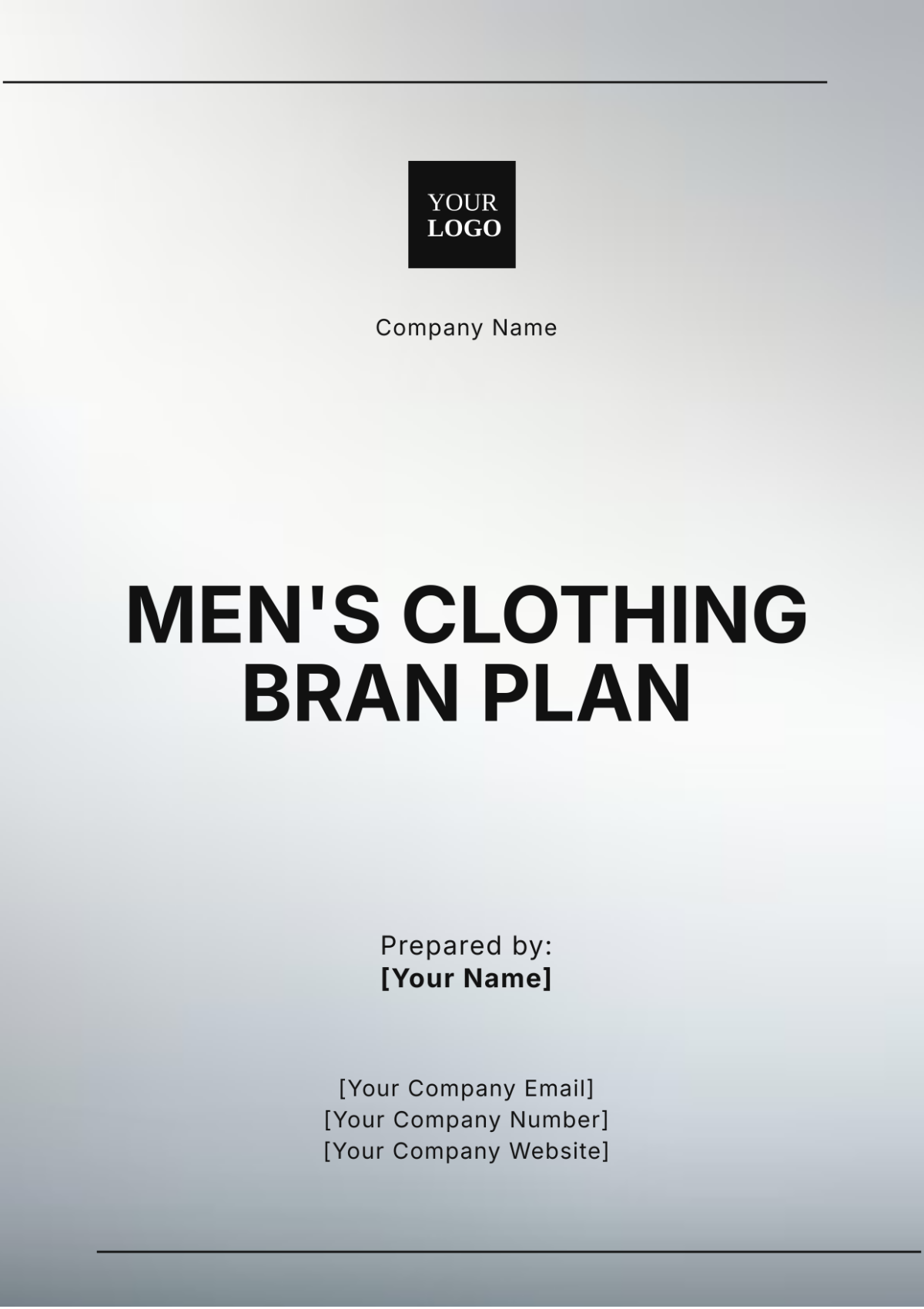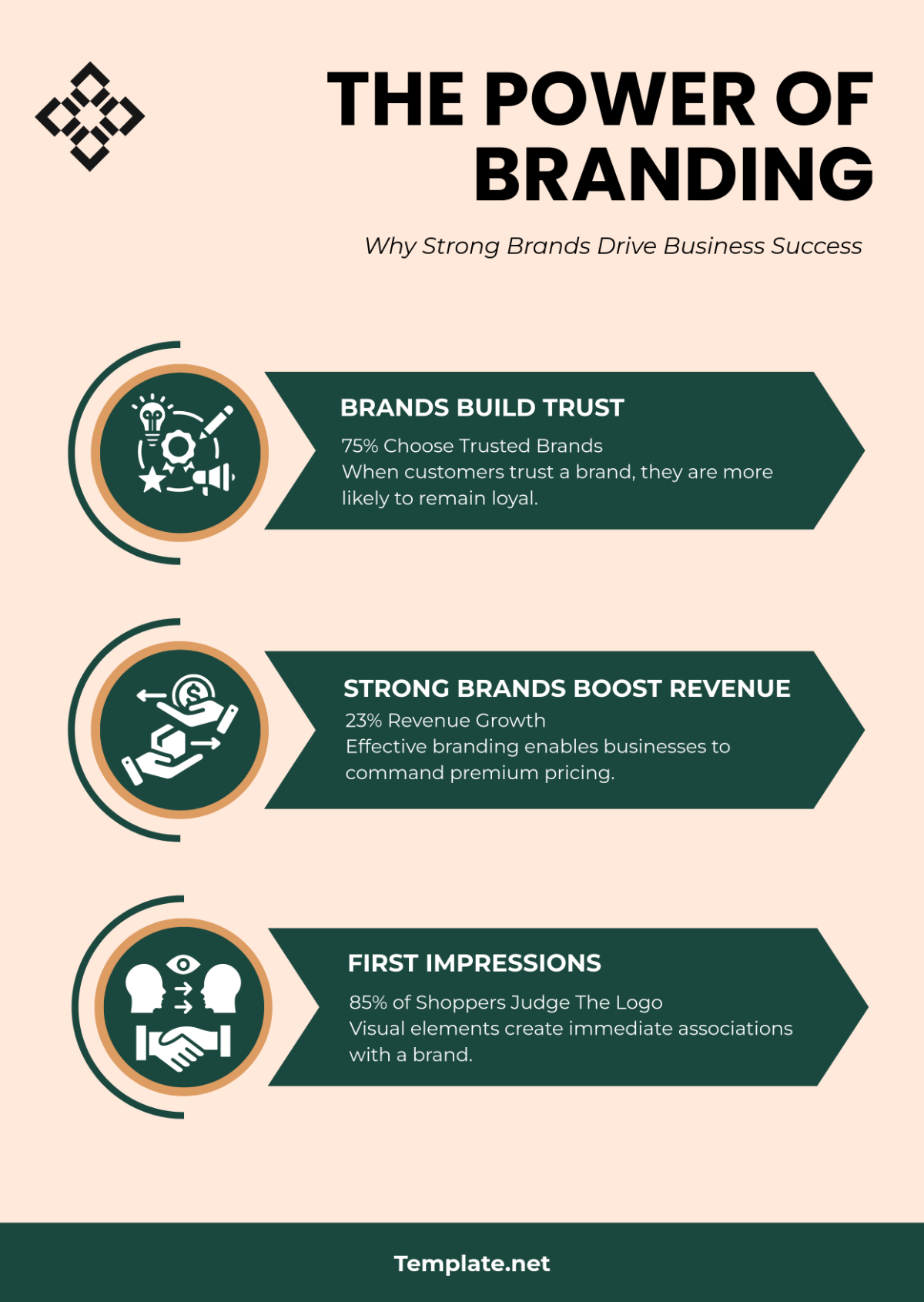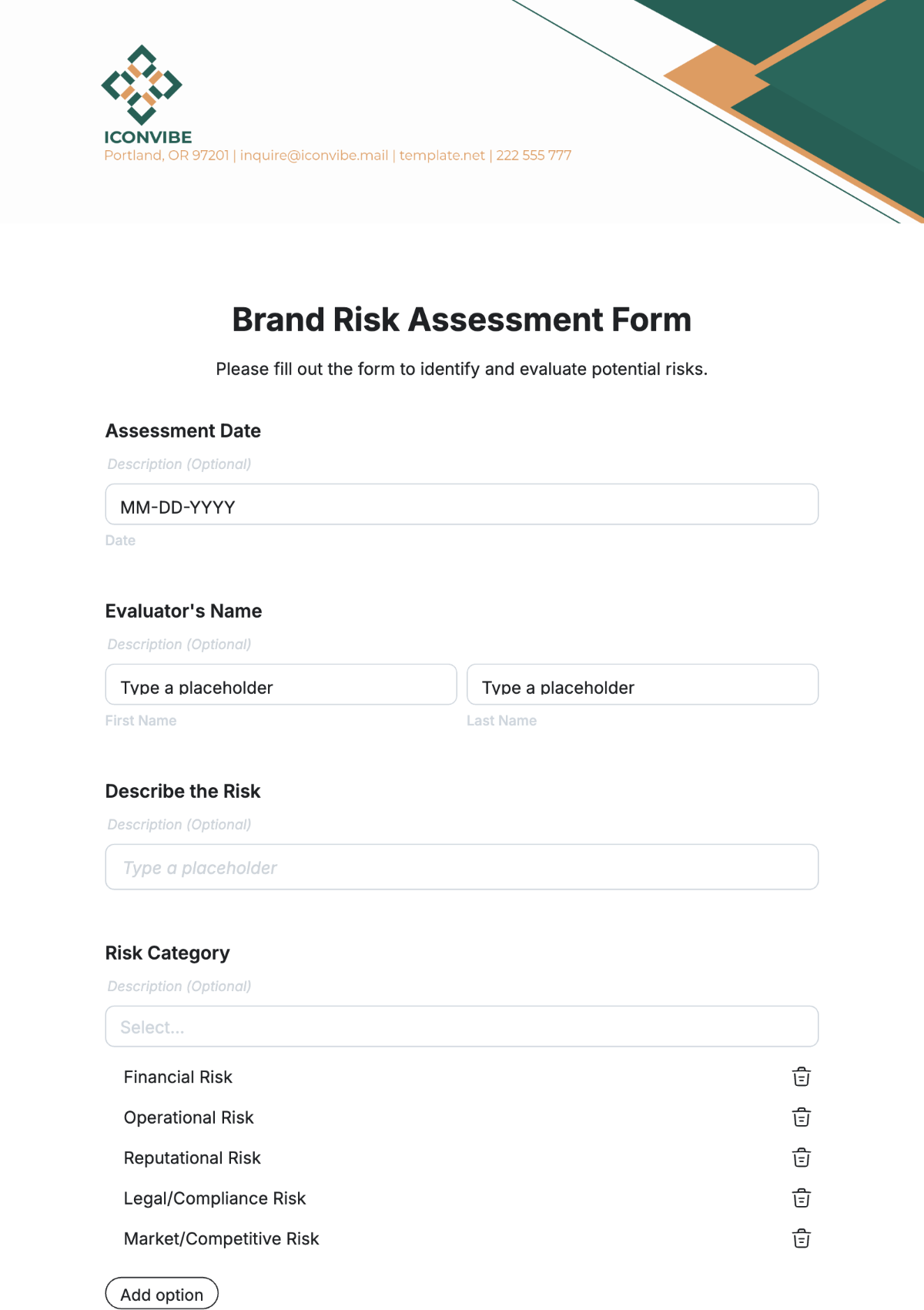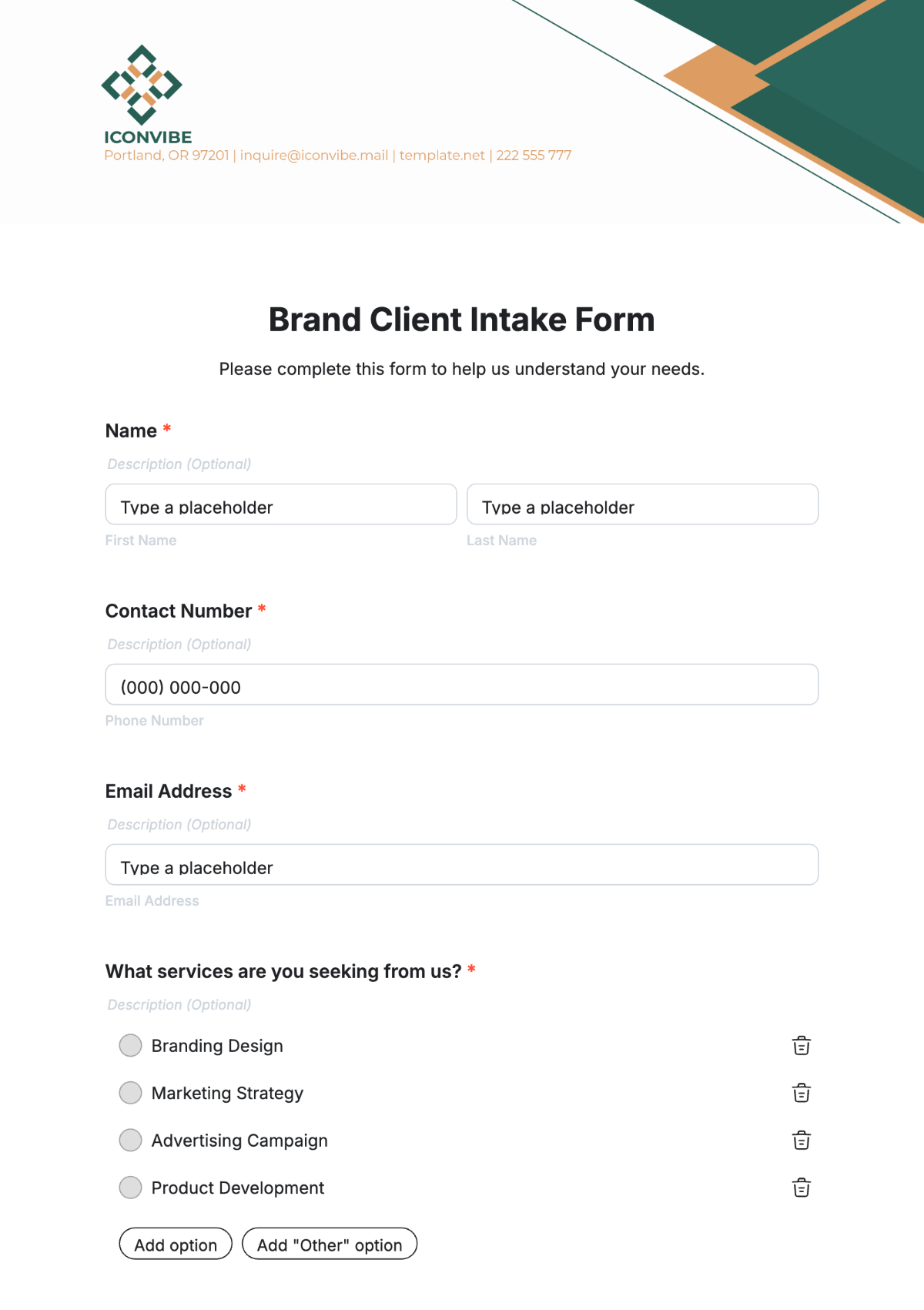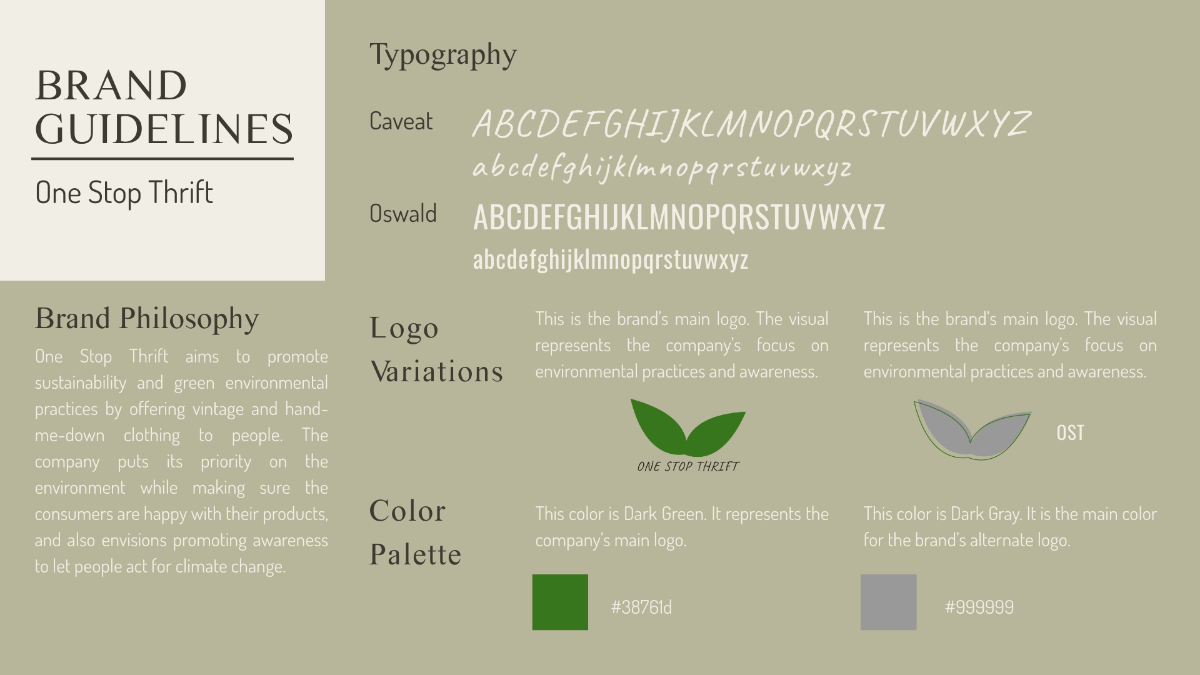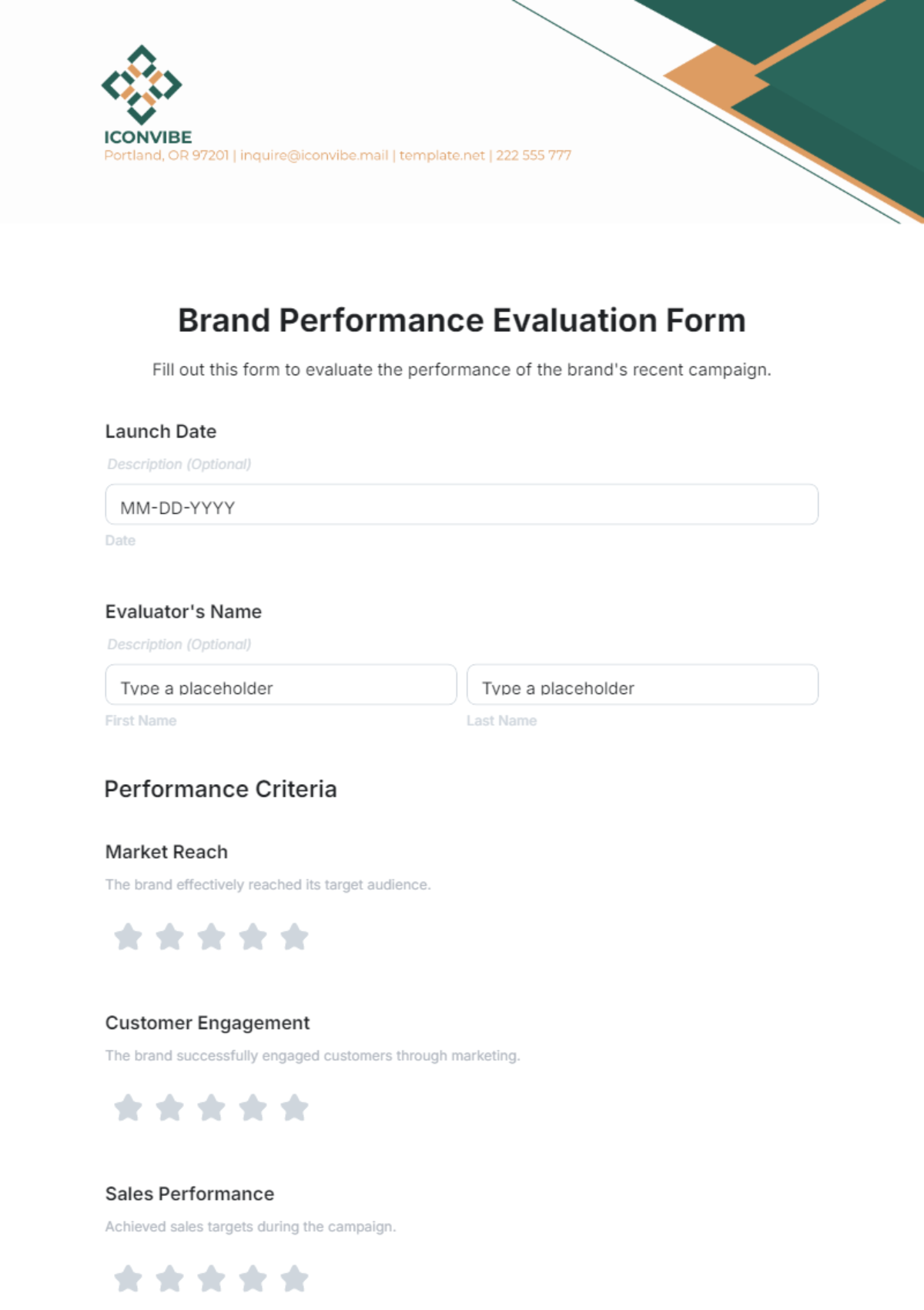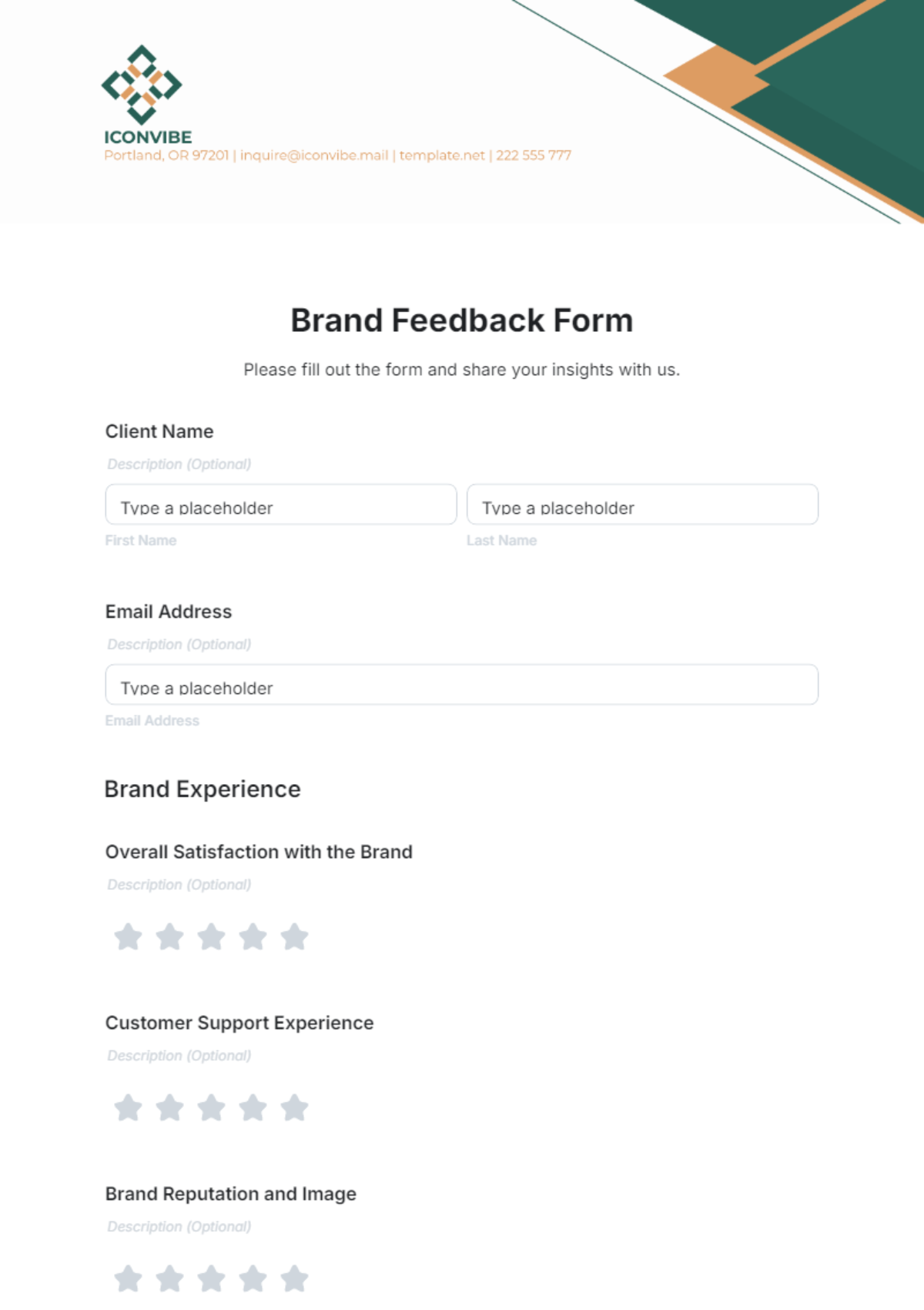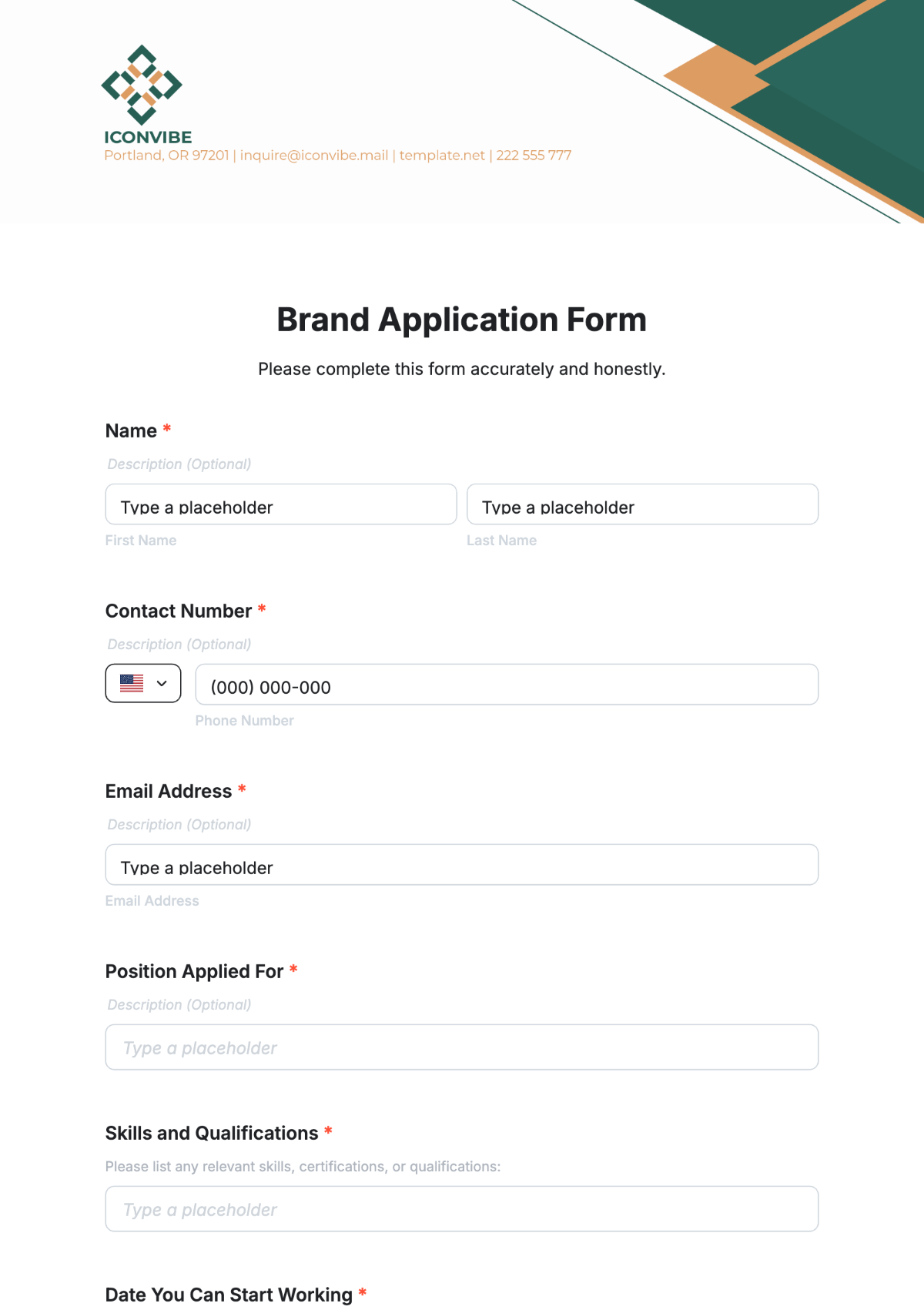Brand Manager Interview Case Study
I. Introduction:
Welcome to the Brand Manager Interview Case Study, designed to evaluate your strategic thinking and problem-solving skills in the realm of brand management. In this case study, you will delve into a scenario involving the revitalization of a legacy brand facing challenges in the modern market landscape.
II. Background:
You have been hired as the new brand manager of [Your Company Name], a consumer goods company with a legacy brand in the household cleaning products sector. The brand, "EcoFresh," was once a market leader in eco-friendly cleaning solutions. However, in recent years, EcoFresh has faced declining sales and struggles to compete with newer, trendier brands entering the market.
III. Objective:
Your task as the brand manager is to develop a comprehensive strategy to revitalize the EcoFresh brand, reposition it in the market, and reignite consumer interest and loyalty.
IV. Scenario:
Upon joining [Your Company Name], you conducted a thorough analysis of the current state of the EcoFresh brand and identified several key challenges:
Market Perception: Consumers perceive EcoFresh as outdated and less effective compared to newer eco-friendly cleaning brands that have entered the market.
Lack of Innovation: EcoFresh has not introduced any significant product innovations or updates in recent years, leading to a stagnant product lineup that fails to capture consumer attention.
Competitive Landscape: The market for eco-friendly cleaning products has become increasingly saturated, with numerous competitors offering similar products at competitive prices.
Brand Identity: EcoFresh lacks a distinct brand identity and fails to resonate with younger, environmentally-conscious consumers who prioritize sustainability and social responsibility.
V. Tasks:
Brand Repositioning Strategy: Develop a comprehensive plan to reposition the EcoFresh brand in the market, taking into account its strengths, weaknesses, opportunities, and threats.
Product Innovation: Propose innovative product ideas or improvements to the existing product lineup that will differentiate EcoFresh from its competitors and meet the evolving needs of consumers.
Marketing and Communication Strategy: Outline a targeted marketing and communication strategy to effectively convey EcoFresh's new brand positioning and engage with both existing and potential consumers across various channels.
Sustainability and Social Responsibility Initiatives: Recommend specific initiatives or partnerships that will align EcoFresh with current consumer trends towards sustainability and social responsibility, enhancing its brand image and appeal.
Performance Metrics: Identify key performance indicators (KPIs) to measure the success of the revitalization efforts and establish benchmarks for evaluating the effectiveness of the brand management strategy over time.
VI. Instructions for Submission:
Please prepare a comprehensive written report addressing the tasks outlined in this case study. Your submission should include clear and concise explanations of your strategies, supported by relevant data and insights where applicable. You will have [specified time] to complete and submit your report. Good luck!
VII. Conclusion:
As the brand manager for EcoFresh, you have the opportunity to lead the brand through a transformative journey, revitalizing its image, reinvigorating its product offerings, and reigniting consumer interest and loyalty. Your ability to devise strategic solutions to the challenges outlined in this case study will demonstrate your readiness to excel in the dynamic field of brand management.
VIII. Appendix
A. Market Research Findings:
Consumer surveys indicate a growing preference for eco-friendly cleaning products among environmentally-conscious consumers, with 78% expressing interest in purchasing such products.
Analysis of competitor offerings reveals a trend towards innovative packaging designs and multi-functional cleaning solutions, highlighting opportunities for differentiation and product innovation within the market.
B. Consumer Trends:
Research into consumer demographics reveals a shift towards younger, socially-conscious demographics, particularly millennials and Gen Z, who prioritize sustainability and ethical consumption.
Social media monitoring identifies key influencers and platforms where discussions around eco-friendly living and sustainable brands are most prevalent, providing valuable insights for targeted marketing efforts.
C. Competitive Analysis:
Competitor analysis highlights emerging brands such as "GreenGlow" and "EcoPure," which have successfully positioned themselves as market leaders through a combination of product innovation, effective branding, and engaging marketing campaigns.
Pricing analysis indicates that EcoFresh's current pricing strategy may be perceived as too high compared to competitors, necessitating a review of pricing strategies to remain competitive in the market.
D. Brand Perception:
Consumer sentiment analysis reveals that EcoFresh is perceived as a trusted brand with a legacy of environmental stewardship; however, it is also viewed as outdated and lacking in product innovation compared to newer competitors.
Brand equity analysis indicates strong brand recognition and awareness among older demographics but limited resonance with younger, environmentally-conscious consumers.
Prepared By:
[YOUR NAME]
[YOUR POSITION]
[YOUR COMPANY NAME]
Contact Information:
[Your Company Email]
[Your Company Number]
[Your Company Website]
[Your Company Address]






